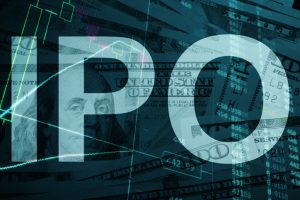The Plight of The Unicorn: The Bubble Bursts
The comments below are an edited and abridged synopsis of an article by Peter Schiff
Markets seemed to really wake up to the plight of the unicorn when WeWork aborted its much-anticipated IPO, but the air started coming out of the unicorn bubble long before WeWork’s IPO demise.

Unicorns are privately held companies valued over $1 billion. Companies like Lyft, Chewie, Uber and WeWork were the darlings of Wall Street. Their IPOs were much anticipated by investors. They were also the poster children for easy-money-induced market mania, and their IPOs were crucial for maintaining the bubble.
Former Nasdaq CEO Robert Greifeld compared the unicorn implosion with the popping of the dot-com bubble. He has made a number of comparisons between dot-com mania and the unicorn frenzy: a funding feeding frenzy; messianic founders; governance is for saps; the ho-hum in sexy packaging; and unsustainable business models.
And there’s one more comparison—easy money. The dot-com and unicorn bubbles were both made possible by Fed policies that kept interest rates artificially low and allowed companies like WeWork to leverage up and operate for years without making a profit. Speculative money flowed into these companies.
These companies never bothered with making a profit. They were focused on the IPO. The strategy was to cash out on the backs of stock market investors who didn’t care whether or not the company was making money. They sacrificed profitability to deliver value to the customer in order to create a sexy story.
These money-losing stocks are putting a significant drag on the markets. As Peter says, these stocks are the weak links in the chain. The weak links break first, and the rest of the chain follows.
WeWork was hardly the beginning. Consider the plight of these unicorn IPOs: Lyft—$88.66 to $39 (56% decline); Uber—$45 to $30 (37% decline); Beyond Meat—$239 to $141 (41% decline).
It’s the refrain of an all-too-familiar song: The Fed inflates bubbles, and bubbles pop.
